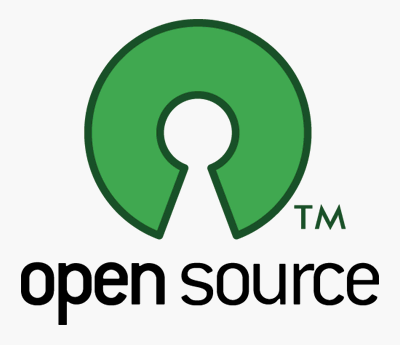Counting the cost
 When we talk about the future of learning, we talk about the future of society. Most will agree that good education contributes significantly toward the wellbeing and prosperity of society. Without a trained, educated work force, nation states are not in a position to compete within the global economy. You only have to look at any emerging nation of the world where there is poor or partial compulsory education provision to see exactly how its economy is faring. Moreover, the higher the number of people unemployed, the more drain there will be on the economic and social resources of the state. This is the main reason why successive governments load their deck so heavily in favour of improved educational provision. It is politically expedient and it is also socially and economically desirable to seek to improve the state funded education provision. And it is why most changes imposed by governments don't actually work. This is because the governments of the world often remain blinded by economic considerations, and fail to see the true value of good education. Our leaders know the price of education, but have no idea about its true value.
When we talk about the future of learning, we talk about the future of society. Most will agree that good education contributes significantly toward the wellbeing and prosperity of society. Without a trained, educated work force, nation states are not in a position to compete within the global economy. You only have to look at any emerging nation of the world where there is poor or partial compulsory education provision to see exactly how its economy is faring. Moreover, the higher the number of people unemployed, the more drain there will be on the economic and social resources of the state. This is the main reason why successive governments load their deck so heavily in favour of improved educational provision. It is politically expedient and it is also socially and economically desirable to seek to improve the state funded education provision. And it is why most changes imposed by governments don't actually work. This is because the governments of the world often remain blinded by economic considerations, and fail to see the true value of good education. Our leaders know the price of education, but have no idea about its true value.
Education is not just about preparing children for a world of work, and it is more than an organised attempt to secure the economic future of the nation. Education is far more valuable than that. How can we ignore the simple joy of learning? How can we measure the cultural value of learning about art, music, science, faith - the world around us? What price can we place on leading young people to maturity of thought, where they become discerning and critically aware individuals, able to decide for themselves what is right or wrong in the world? How do we place a price tag on enabling children to channel their fertile imaginations into precious, creative, transformative outcomes?
The answer is, we can't ... and we shouldn't. When the world falls apart around us, what we will be left with - is what we have learnt. And while the good people of Christchurch, New Zealand, are struggling to come to terms with their tragic losses, resulting from yesterday's devastating earthquake, what will they be doing? They will be surviving, escaping, organising, caring, sharing, coping, communicating, collaborating, rebuilding, reflecting and reappraising, and drawing on many other valuable skills they have learnt. Skills that go way beyond the mere acquisition of facts and knowledge. They will be drawing upon their emotional and intellectual resources which do not result solely from immersion in a 'curriculum', but rather through their exposure to the values and mores of their community.
As the news of the Christchurch earthquake broke yesterday, many people drew on their social media communication skills to connect with each other, providing vital information and sharing news, in a virtual community that spanned the globe. They achieved this without the help of the broadcast media, who were once again hours behind in reporting from the scene. We received reports from citizen journalists, people caught up in the drama of the moment, using their mobile phones to send out their pleas for help, and their remarkable but disturbing pictures and videos of the scenes they were witnessing before them. Such actions cannot be taught. There is no curriculum that can be developed to give us an appreciation of what we should do in a disaster or a crisis, no way to teach how we can communicate human tragedy as it unfolds. We learn by doing and we learn by being exposed to these experiences. And as we learn, others learn with us and from us. As a community, we somehow survive and ultimately, thrive. Lifelong learning is what education is made of. It was never about knowing what, always about knowing how. Let us never confuse schooling with education. If we do, what will be our future?
Dedicated to the memory of those lost in the Christchurch earthquake of 22 February, 2011.
Donate to the Red Cross NZ Earthquake victims fund
Image source by Martin Luff
Counting the cost by Steve Wheeler is licensed under a Creative Commons Attribution-NonCommercial-ShareAlike 3.0 Unported License.



















